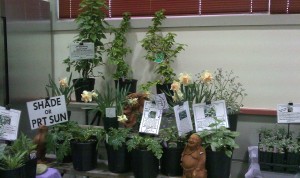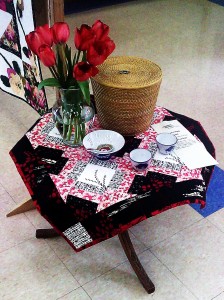Since we’re waiting for the seedlings to grow and the land to warm, before we can plant anything, I thought I’d survey some current stories floating around the world:
- In the U.S., many traditional small farmers have been financially squeezed out of business by modern agricultural changes and artificially manipulated markets. (This trend is starting to be countered by the growth of organic and value-added farming techniques, providing a greater return to the grower.) This same process of small farm divestment is now happening in India, but with much more serious consequences. By fundamentally changing centuries of farming processes, poor farmers are enduring serious, needless suffering. Christiane Amanpour did a story on this and PBS created a documentary on the problem. Essentially, farmers are being told that their yields will be much higher with hybrid and genetically modified seed. What they aren’t realizing is that they must also have irrigation, fertilizers, and pesticides to see such yields. These cost money, if they can get them at all. At the end of the year, after not making quite as much as they thought, they are having to buy seed for the next round of crops, going into serious debt. This debt accumulates until, in despair, farmers are committing suicide. The estimate is that over 250,000 farmers have died, leaving their families destitute and landless. In a land where farmers live on $2 a day, it doesn’t take much for them to lose everything.
- In the state of Washington, organic farms are growing at a steady rate. Amazing!
- My favorite new toy: The Altec Lansing Orbit iM207 has the best sound for my little Zune HD. It just works so well and sounds so good. I will need to wax poetic about the Zune here shortly. I’m just in love with the whole little package.
In the next entry, I should have an updated picture of all the seedlings. Can’t wait to get planting!



